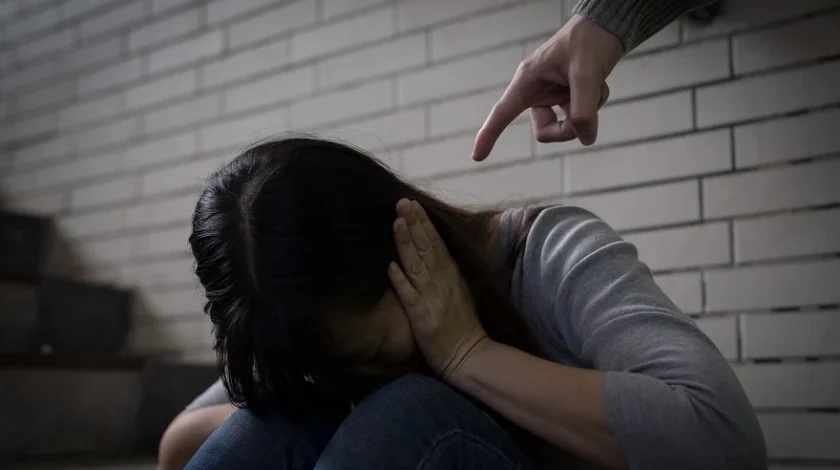Due to the COVID-19 situation, families are facing big adjustments to their daily life.
For most of us, this is a fantastic opportunity to spend time with our family and, if you are lucky, have a bit of a sleep in. For others, it can mean facing an increased risk of being the victim of, or being exposed to, family violence.
Some families will be experiencing financial hardship, decreased contact with their support network, illness or death of loved ones, changes to spend-time arrangements and other family uncertainties, and the emotional stressors and mental health complications that come with it. Unfortunately, an increase in these factors is linked to an increase in family violence.
What is family violence?
In the context of Family Law, family violence (also called domestic violence) includes actions by a family member that coerce, control (for example, socially, sexually, emotionally or financially) or cause other family members to be fearful. It is not just physical violence.
It also has a significant and lasting impact on children. Section 4AB of the Family Law Act says that abuse in relation to a child includes exposing a child to family violence. The term ‘exposing’ includes “seeing, hearing or experiencing the effects” of family violence.
Joanne Yates, Domestic Violence NSW CEO, says that self-imposed isolation may also increase the risk of family violence, particularly in circumstances where a victim is already significantly isolated by the perpetrator.
Isolation can also impact upon the mental wellbeing of family members and can exacerbate pre-existing mental illnesses for both victims and perpetrators. Depression and generalised anxiety are very common (as are other mental health illnesses) and it is useful to familiarise yourself with the warning signs and know where to get help before the situation gets worse.
What can I do about it?
If you or someone you know is impacted by family or domestic violence, call 1800RESPECT on 1800 737 732 or visit 1800RESPECT.org.au. In an emergency, call 000.
Tips for mitigating the risk of family violence during the COVID-19 pandemic
- If you are directly impacted by family violence and live in NSW, the Department of Communities and Justice can assist you with accommodation. There have also been changes to residential tenancy laws, which in some circumstances, allow a person experiencing family violence to terminate their lease without penalty.
- Stay in touch with your friends, family and community, even if it’s only by text or social media. You might have a code word that signals to your friend that you need help. Have a look at this website which gives you information based on your situation, including if you’re worried about a friend. This website has a list of other useful resources.
- Think about when you would call the police. You can also talk to them about an Apprehended Domestic Violence Order, which is a Court Order made to protect someone from family violence.
- Explore support for dealing with mental health issues. Click here for a list of services available to you in NSW.
Coleman Greig Lawyers are experienced in dealing with the complexities of family violence issues and have previously partnered with a number of community organisations to provide legal advice and funding. Our accredited specialists can help answer your questions during a relationship, as well as after separation. If you require assistance, please do not hesitate to contact a lawyer in Coleman Greig’s Family Law Team or one of Coleman Greig’s Family Law Accredited Specialists today, who would be more than happy to assist you.













